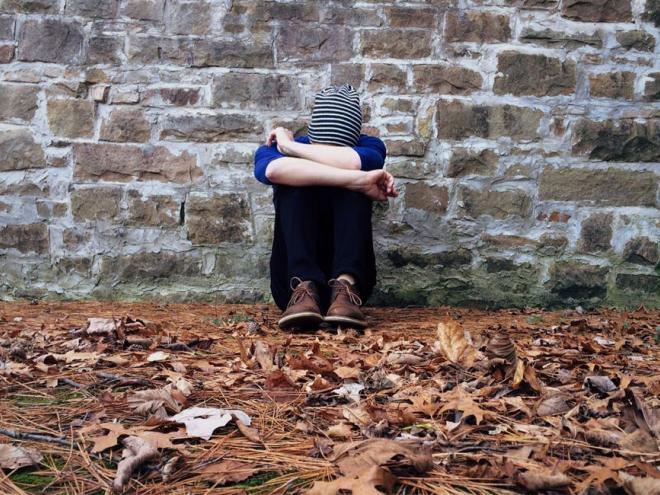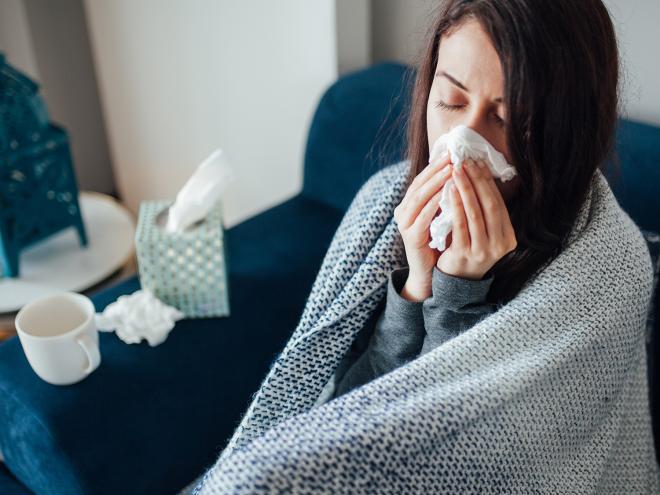As teens across BC head back to school, many will experience feelings of excitement, nervousness, and likely stress. The impending academic demands, parental pressures, personal expectations, and social tensions can at times be overwhelming. And while a certain amount of stress in a youth’s life is normal, not knowing how to cope with feelings of stress can lead to anxiety, depression, and sometimes despair.
It’s important that youth learn how to cope with their stress to help them be happier, healthier, and more resilient individuals. Here are some ways teens can better cope with stress:
- Strike a workable balance. School is important, but it’s not everything. When planning the week, make sure relaxing or fun time is scheduled in along with all the school requirements such as homework, study groups, etc.
- Meals with family. Regularly sit down and have dinner with family. Research shows that family dinners can increase self-esteem and school success, lower rates of eating disorders, alcohol and substance use, and feelings of depression or thoughts of suicide.
- Ensure enough sleep. Try to get up and go to bed at consistent times while getting 9 hours of sleep each night. Adequate sleep reduces stress and increases coping skills, but most of today’s youth don’t get enough sleep.
- Get active. Team sports, hiking, skateboarding, swimming, yoga – anything that gets your body moving – can be very effective stress busters as they boost energy levels and improve your overall well-being. The trick is doing an activity you like, especially if you can do it with a friend or two, because you’re more likely to keep at it while having fun.
- Talk it out. It’s much easier to manage stress when you let others in. Talk to a parent, teacher, or other trusted adult – they may have learned a thing or two from all their years on the planet, and if they can’t they can likely put you in touch with someone who can.
Here are some helpful resources for both parents and youth:
- OpenMindBC.ca – an information hub for youth, parents, teachers and professionals with access to an abundance of excellent tools and resources developed by a range of mental health organizations in BC and across Canada.
- The Salt Spring Island Youth Suicide Intervention Toolkit – an innovative mental health resource that provides information on supports and resources in the community, crisis lines and apps, self-management strategies, and ways to identify risk factors. Three versions are available: one for youth and their friends, one for professionals, and one for parents and caregivers.
- Bounce Back Today – an interactive online quiz that lets you check in on your mental health.



